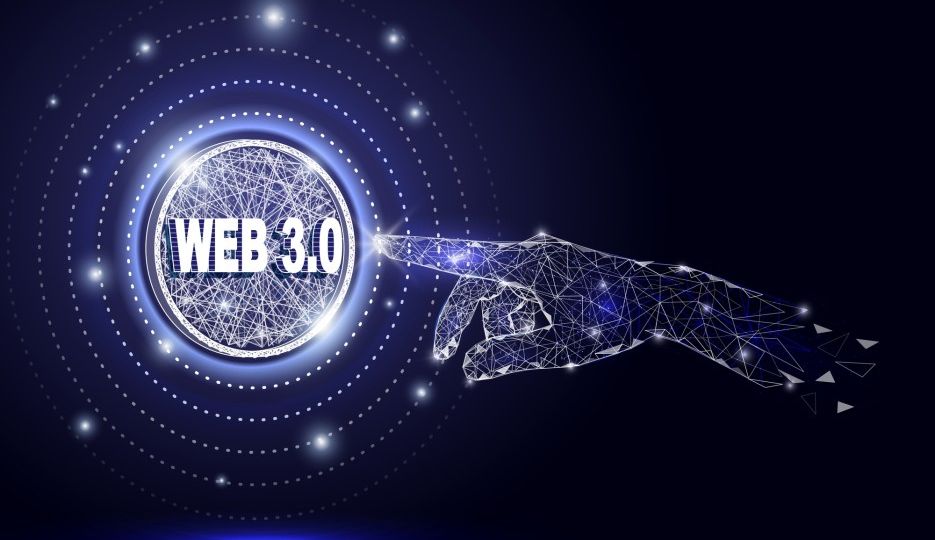

The advent of Web3 and emerging technologies has brought about a paradigm shift in various industries, and the legal landscape is no exception. In India, where the legal system plays a crucial role in governing society, understanding the importance of Web3 and emerging technologies is paramount. This article explores the implications and significance of these technologies in Indian law, highlighting their potential to reshape legal processes, enhance transparency, and foster innovation.
- Web3 and Decentralization: Web3, powered by blockchain technology, offers a decentralized and transparent framework for conducting transactions and managing digital assets. Indian law can benefit from embracing the decentralized nature of Web3, as it can reduce reliance on intermediaries, enhance security, and provide immutable records of transactions. Smart contracts, self-executing agreements powered by blockchain, have the potential to streamline contract enforcement and automate legal processes, bringing efficiency and cost savings.
- Data Privacy and Security: As data breaches and privacy concerns become increasingly prevalent, emerging technologies present opportunities for enhanced data protection in Indian law. The decentralized nature of Web3 allows for data storage and management on distributed networks, reducing the risk of single-point vulnerabilities. Technologies like zero-knowledge proofs and decentralized identity systems can provide individuals with more control over their personal data while complying with data protection regulations.
- Smart Contracts and Dispute Resolution: Smart contracts, enabled by blockchain technology, have the potential to revolutionize dispute resolution in Indian law. These self-executing agreements can automate contractual performance and resolve disputes in a transparent and efficient manner. By incorporating smart contracts into legal processes, Indian courts can potentially reduce case backlogs, streamline contract enforcement, and foster trust in the legal system.
- Intellectual Property and NFTs: Non-Fungible Tokens (NFTs) have gained significant attention in the art, entertainment, and gaming sectors. NFTs represent unique digital assets, providing proof of ownership and authenticity. Indian law can adapt to this emerging technology by addressing issues related to copyright, licensing, and intellectual property rights concerning NFTs. Establishing a clear legal framework can protect creators, consumers, and investors in the growing NFT ecosystem.
- Regulatory Challenges and Opportunities: As with any emerging technology, Web3 and its applications present regulatory challenges that Indian law must address. Balancing innovation with consumer protection, financial regulations, and preventing illicit activities will be critical. By fostering open dialogue and collaboration between legal experts, technology pioneers, and policymakers, India can create a conducive regulatory environment that promotes innovation while safeguarding the interests of stakeholders.
Conclusion: Web3 and emerging technologies have the potential to transform the legal landscape in India. By embracing decentralization, enhancing data privacy and security, exploring the potential of smart contracts, and addressing intellectual property concerns, Indian law can adapt to the digital era. Embracing these technologies presents opportunities for increased efficiency, transparency, and access to justice. It is crucial for legal professionals, policymakers, and industry leaders to stay informed, engage in discussions, and actively shape the legal framework to harness the full potential of Web3 and emerging technologies in the Indian legal system. Together, we can build a future where technology and the law work harmoniously to create a more equitable and innovative society.
#Web3Revolution #EmergingTechinIndia #DecentralizationInLaw #BlockchainInLegalSystem #SmartContracts #DataPrivacy #NFTsAndIPRights #InnovationInLaw #RegulatoryChallenges #Web3India #TechDrivenLegalSystem #DigitalTransformation #TransparentLegalProcesses #EfficientDisputeResolution #FutureOfIndianLaw #Web3LegalFramework #EmbracingEmergingTechnologies #AdaptingToDigitalEra #TechAndLawCollaboration #IndianLegalIndustry #Web3Impact

